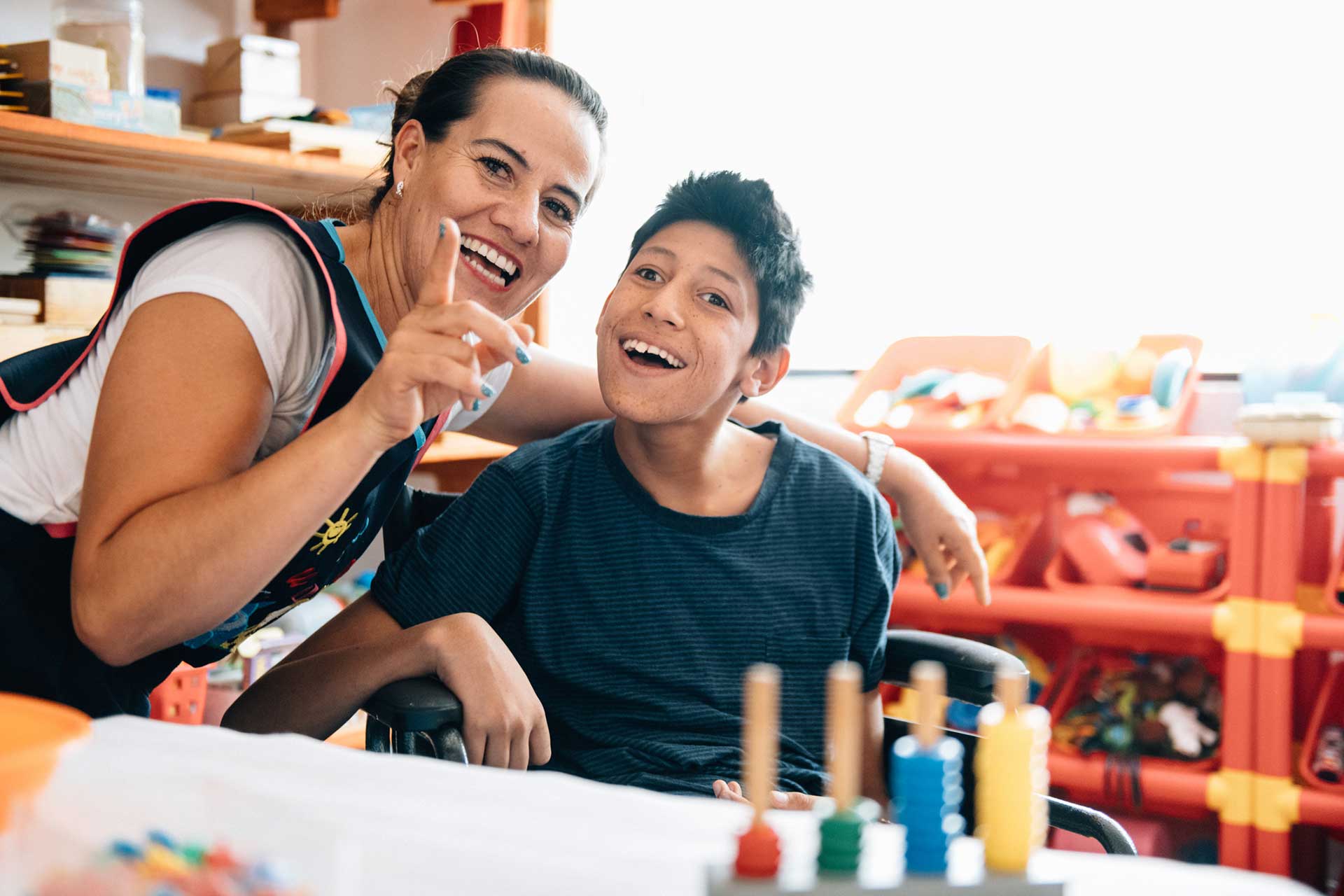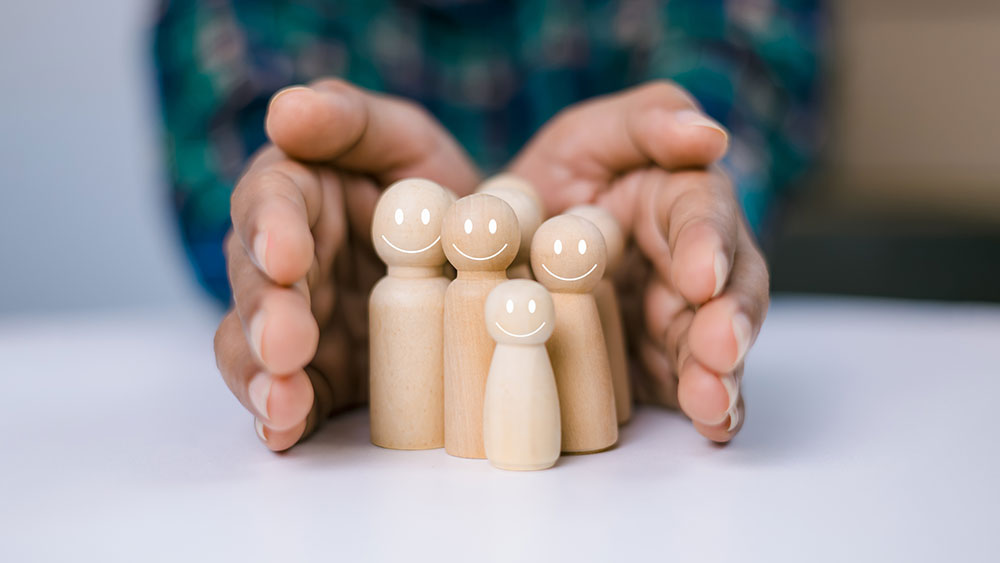Personal care with dignity
Unhurried help with washing, dressing, continence, grooming, and safe mobility—always led by preferences and pace.
Medication & health oversight
Timely prompts or agreed administration in line with the acre plan, MAR charts, observation of effects/side effects, pain, headache, mood or sleep changes, and swift escalation where needed.
Cognitive support
Memory aids, routine planners, step-by-step task breakdown, executive-function strategies (initiation, sequencing, prioritising), and gentle problem-solving coaching.
Communication support
Patient conversation, cueing and pacing, support for word-finding or processing speed, reading/writing assistance, and AAC/tech where advised by Speech & Language Therapy.
Behaviour & emotional regulation
Positive Behaviour Support plans, triggers and early-warning signs, calm de-escalation, structured choices, and fatigue-aware pacing. Compassionate support around anxiety, low mood, irritability, or apathy.
Fatigue & sensory sensitivity
Pacing plans with scheduled rests, quiet spaces, light/noise adjustments, screen/visual considerations, and hydration/nutrition support.
Mobility, balance & posture
Safe transfers, use of aids, falls awareness, and therapy carry-over for balance, strength, and range of movement as advised by Physio/OT.
Seizure management
Individual protocols, trigger awareness, observation and timing, rescue medications where prescribed, and clear escalation.
Continence & skin integrity
Discreet support with toileting, catheter/stoma care where trained and agreed, pressure-area checks, and simple skincare routines.
Nutrition, hydration & mealtimes
Calm, unhurried meals; texture modification or swallow plans where needed; PEG/NG support (competency-assured); regular drinks and favourite, easy snacks.
Sleep & daily rhythm
Consistent routines, evening wind-downs, and strategies that support better sleep after brain injury.
Household help & community life
Light housekeeping, laundry, shopping, appointment support, and confidence-building for returning to study, work, volunteering, sport, hobbies, and social life.
Family support & respite
Practical coaching, clear updates, flexible cover so relatives can rest, and signposting to community resources and peer support.
Clinical note: Advanced tasks (e.g., PEG management, wound care, tracheostomy, rescue meds) are delivered only where assessed, competency-signed, and included in the care plan. We coordinate closely with teams involved with in the care plan.
Rehabilitation, joined-up
We collaborate with ICB’s, case managers, Physiotherapy, Occupational Therapy, Speech & Language Therapy, Neuropsychology, Dietetics, and community teams—embedding programmes into everyday routines so progress is steady and sustainable.





